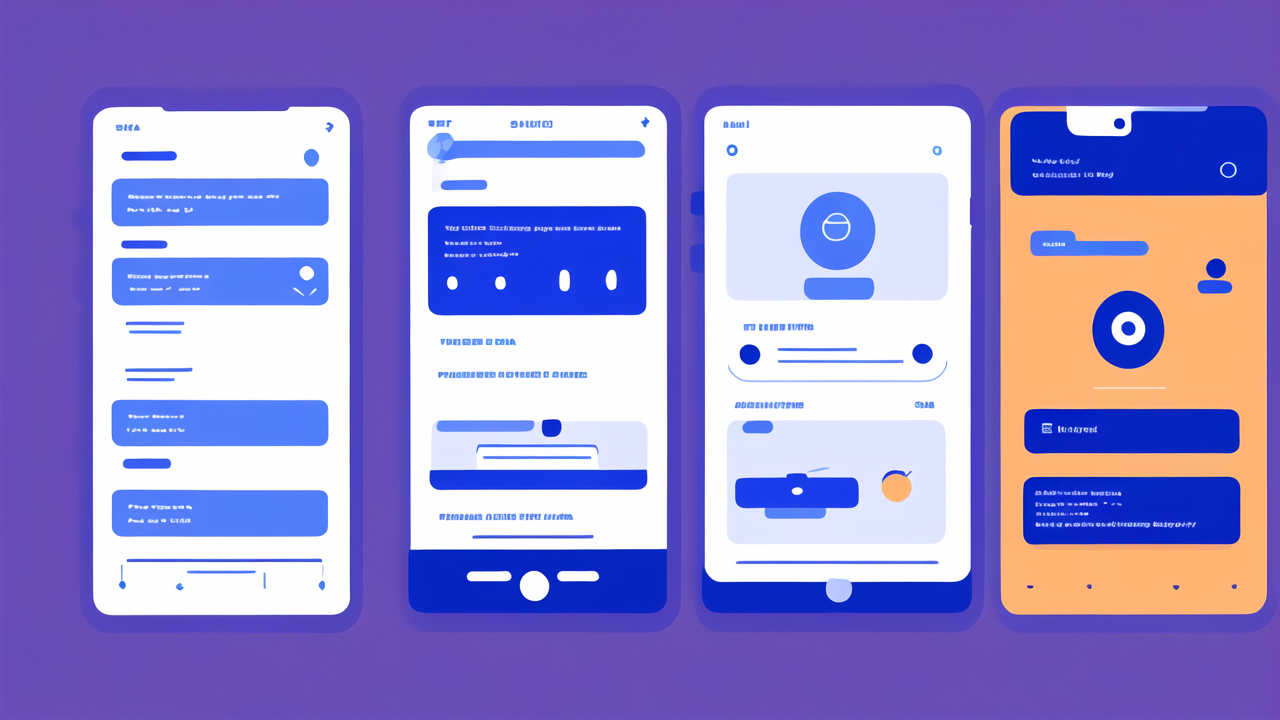The Evolution of Smart Watch Health Technology in the United States
Understanding the Journey from Simple Timepieces to Health-Oriented Wearables
Smart watches have come a long way since their inception. They started as simple digital timepieces with basic functions. Today, they are powerful health-tracking devices. The journey began with step counters and heart rate monitors. Now, smart watches can track sleep, stress levels, and even detect falls.

Early smart watches focused on fitness tracking. They counted steps and calculated calories burned. As technology advanced, manufacturers added more sensors. These new sensors allowed for more detailed health monitoring. Heart rate tracking became standard, offering insights into cardiovascular health.
The turning point came when smart watches started to integrate with smartphones. This integration opened up new possibilities for health tracking. Apps could now collect and analyze data from the watch. This data provided users with a more comprehensive view of their health.
Key Innovations Enabling Health Tracking by Smart Watches
Several key innovations have made health tracking possible on smart watches. Advanced sensors are at the heart of these developments. Optical sensors can measure heart rate and blood oxygen levels. Accelerometers and gyroscopes track movement and detect falls. Some watches now include ECG sensors for heart rhythm monitoring.
Battery life has also improved significantly. Longer battery life means watches can track health data 24/7. This continuous monitoring provides more accurate and useful health insights. Improved water resistance allows users to wear their watches while swimming or showering.
Data processing has become more sophisticated. Smart watches now use algorithms to interpret raw sensor data. These algorithms can detect patterns and anomalies in health metrics. Some watches can even alert users to potential health issues.
Regulatory Landscape and Compliance in Health-Tracking Devices
As smart watches become more advanced, they face increased regulatory scrutiny. In the US, the FDA oversees health-related features on these devices. Manufacturers must ensure their health tracking features are accurate and safe.
Some smart watches are now classified as medical devices. This classification requires them to meet strict standards. They must undergo rigorous testing before entering the market. The FDA has created guidelines for software as a medical device (SaMD).
Privacy is another key concern in health tracking. HIPAA regulations may apply to some health data collected by smart watches. Manufacturers must ensure they protect user data and comply with privacy laws. They must also be transparent about how they use and share health data.
Best Practices for Health Tracking with Smart Watches
Selecting the Right Smart Watch for Health Monitoring
Choosing the right smart watch for health tracking is crucial. Consider your specific health needs and goals. Some watches excel at fitness tracking, while others focus on overall health monitoring. Look for watches with sensors that match your health concerns.

Battery life is an important factor. Longer battery life means more consistent health tracking. Water resistance is essential if you plan to wear the watch while swimming or showering. Consider the watch's compatibility with your smartphone and other devices.
Look for watches with FDA-cleared health features if you have specific medical concerns. These features have been tested for accuracy and safety. Read reviews and compare features before making a decision. Consider the long-term costs, including potential subscription fees for advanced health features.
Implementing Health Tracking Tools Effectively
To get the most out of your smart watch, use it consistently. Wear it day and night to track all aspects of your health. Set up alerts for important health metrics. These alerts can remind you to move, breathe, or check your heart rate.
Customize your watch's health tracking features to suit your needs. Set realistic goals for steps, exercise, and sleep. Use the watch's companion app to analyze your health data. Look for trends and patterns in your metrics.
Share relevant health data with your healthcare provider. Many smart watches can generate reports for this purpose. Use the insights from your watch to make informed decisions about your health. Remember that smart watches are tools to support your health, not replace medical advice.
Integrating Health Data with Existing Healthcare Systems
Many healthcare providers now accept data from smart watches. This integration can provide a more complete picture of your health. Ask your doctor if they can access data from your smart watch. Some hospitals have systems that can directly import data from wearable devices.
Use health apps that can sync with your smart watch and healthcare provider. These apps can help you manage chronic conditions or track recovery from illness or surgery. Some insurance companies offer incentives for sharing health data from smart watches.
Be cautious about sharing your health data. Ensure you understand how your data will be used and protected. Only share data with trusted healthcare providers and platforms. Keep your smart watch and associated accounts secure to protect your health information.
Future Trends and Opportunities in Smart Watch Healthcare
The Role of Artificial Intelligence and Machine Learning
AI and machine learning are set to revolutionize health tracking on smart watches. These technologies can analyze vast amounts of health data. They can detect patterns and anomalies that humans might miss. AI could provide personalized health insights and recommendations.

Future smart watches may use AI to predict health issues before they occur. They could alert users to potential problems based on subtle changes in health metrics. AI could also help improve the accuracy of health tracking features.
Machine learning algorithms could adapt to each user's unique health profile. This would make health tracking more personalized and relevant. AI could also help interpret complex health data, making it easier for users to understand.
Interoperability and Data Sharing in Healthcare Wearables
The future of smart watch health tracking lies in improved interoperability. Different devices and systems need to work together seamlessly. This would allow for a more comprehensive view of a person's health.
Standards for health data sharing are being developed. These standards will make it easier to share data between devices and healthcare systems. Improved interoperability could lead to better coordination of care.
Cloud-based platforms may become central to health data management. These platforms could collect data from various sources, including smart watches. They could provide a complete health profile accessible to users and healthcare providers.
Ethical Considerations and User Privacy in Health Tracking
As health tracking becomes more advanced, ethical concerns arise. Privacy is a major issue. Users need to have control over their health data. They should be able to choose what data to share and with whom.
Transparency in data use is crucial. Companies must be clear about how they use health data. They should obtain explicit consent for any data sharing or analysis. Ethical guidelines for AI in health tracking need to be developed and followed.
There are concerns about the potential for discrimination based on health data. Insurance companies or employers might use this data unfairly. Regulations may be needed to protect users from such discrimination. The balance between innovation and privacy protection will be an ongoing challenge.




Leave a comment
This site is protected by hCaptcha and the hCaptcha Privacy Policy and Terms of Service apply.